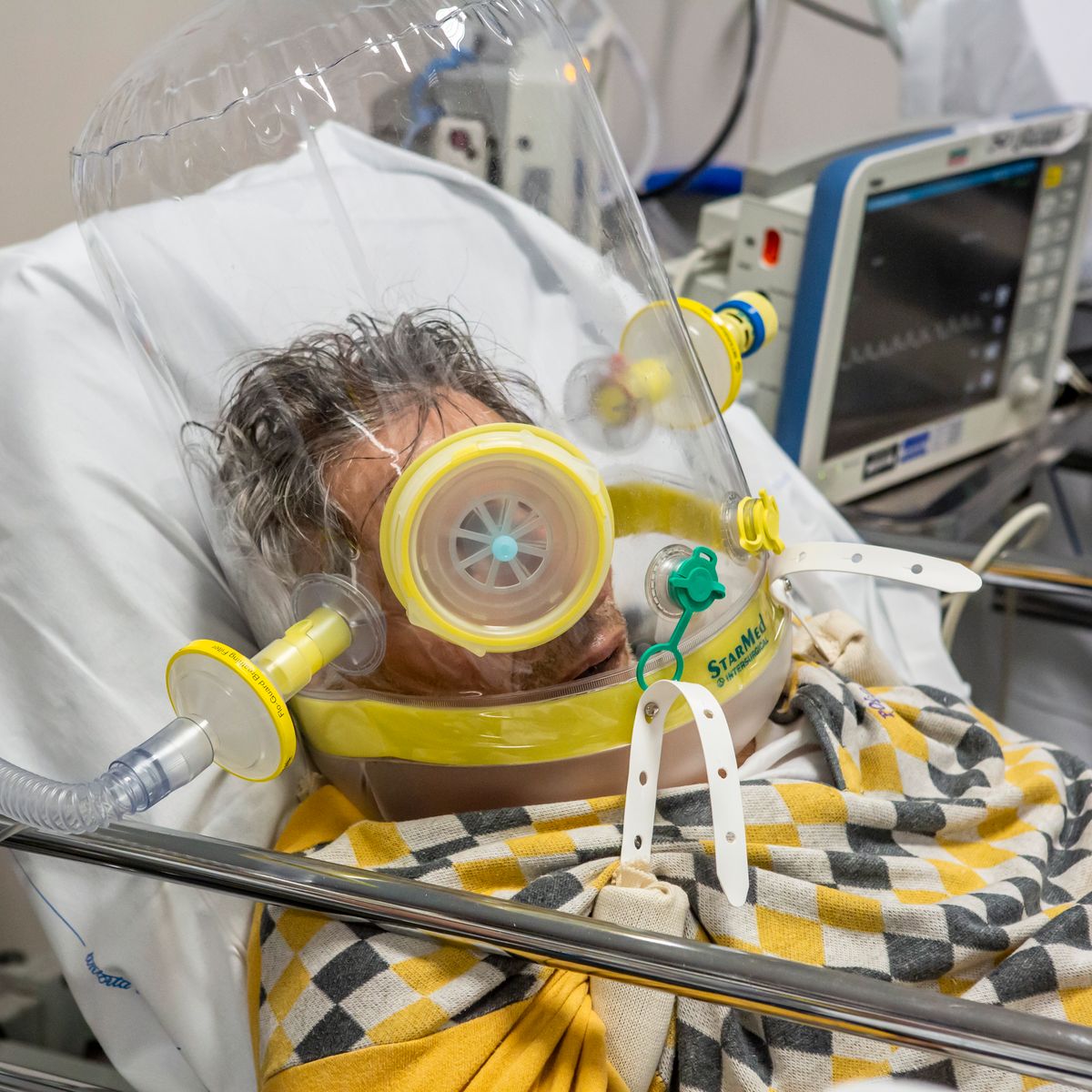RIO DE JANEIRO, BRAZIL – The difficulty to supply medical oxygen stockpiles at the same pace as the worsening of the covid-19 pandemic has worried states and municipalities. In most cities, in the interior, there are already reports of shortage, loan of cylinders between cities and even transfer of patients who need the oxygen input.

In a public hearing yesterday in the Senate, General Ridauto Lúcio Fernandes, advisor of the Logistics Department of the Ministry of Health, admitted that the country has an imminent risk of shortage in the countryside cities. “In a few days we will have no more oxygen,” he declared.
The general adds: “Today, the greatest risk of loss of life is in small units, even in capital cities, and in hospitals in the interior. These are the ones that live on oxygen gas. This is happening all over Brazil”. He mentioned the elaboration of a “Brazil Oxygen Plan”, but didn’t give details.
The National Front of Mayors (FNP) sent a letter to President Jair Bolsonaro demanding “immediate measures to address the lack of oxygen and medicines”. In the text, the president of the FNP, Jonas Donizette, speaks of “imminent shortage and lack of essential supplies”.
Days before, the governments of Acre and Minas Gerais asked for support. On Tuesday, the Health Secretary of Minas Gerais, Fábio Baccheretti, said that the request is due to the high demand of beds and the fear of lack of supplies. In other states, the public prosecutors have been demanding transparency.
In Rondônia, the MPF asked the Health Ministry to advise how it will solve the shortage in the interior cities. In Ceará, the state public prosecutor’s office recommended on Tuesday that 86 municipalities, including Fortaleza, take measures to ensure the supply of oxygen for at least ten days. Last week, the capital had to transfer 15 patients to other units due to the lack of this input. “We had oxygen overload, but it is important to say that we carried out a war operation and no patient was left without oxygen,” said the Health Secretary, Ana Estela Leite.
Municipalities in the north of Minas and south of Bahia improvised an agreement to exchange cylinders between the neighboring states. The transportation between one city and another is often done in private vehicles.
At the public hearing, General Ridauto affirmed that the crisis stems from the distribution of the input, more than from production. “We are living the drama of the cylinders. We need to acquire cylinders in large quantities.” In a statement, the government of Rondônia claimed that “there is no lack of oxygen.” Acre claimed that the 670 cylinders it will receive from SOS Amazonas and the federal government will meet the demand. São Paulo also says it has no risk of shortage. “What do we need to do for these municipalities? Distribute oxygen cylinders,” said Health Secretary Jean Gorinchteyn.

